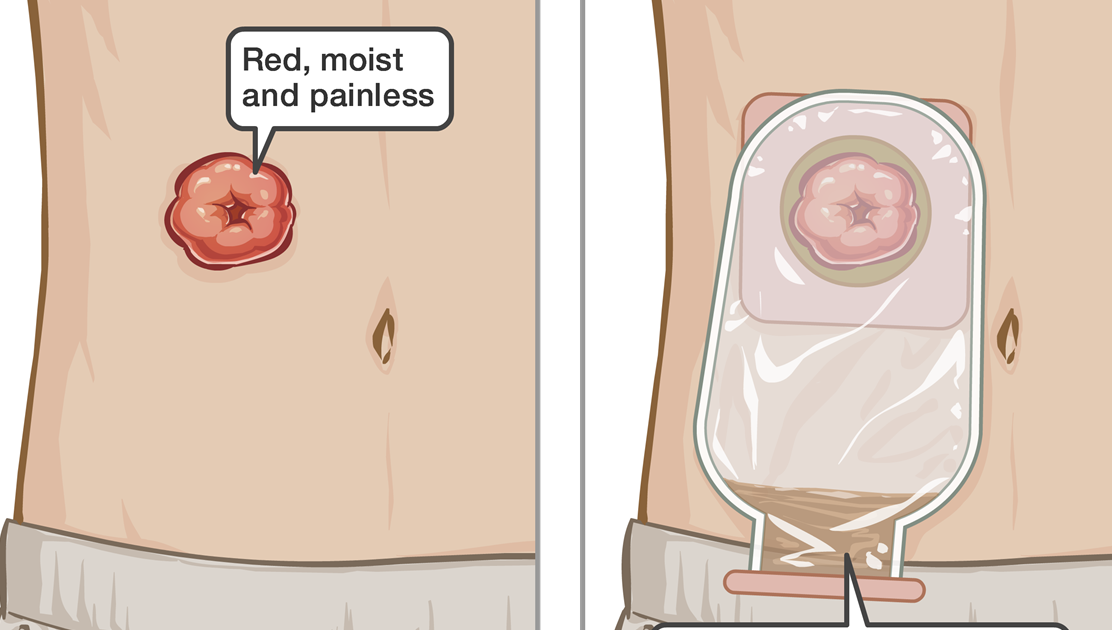Learn about the medical detox process for alcohol at Avedis. Understand the timeline, withdrawal symptoms, and support needed for safe recovery.
Drinking alcohol leads to the accumulation of their breakdown products in the body. This is fraught with a deterioration in a person’s well-being and the appearance of a hangover. For alcohol addicts, such processes are difficult and can lead to irreversible consequences. Alcohol detoxification at Medical Detox in Los Angeles is aimed at removing harmful substances from the human body and normalizing well-being. It helps to alleviate the human condition.
Medically detox from alcohol is a set of procedures that can be performed in a specialized clinic Avedis. This option is better than home therapy, since the doctors who are next to the patient can adjust the treatment regimen and choose the most effective way. It is possible to quickly respond to changes in the patient’s condition. At home, the body is detoxified from alcohol, but if the person is a heavy drinker, it may not be effective.

Detoxification after alcohol has its own specifics. Ethanol, when abused by alcoholic beverages, affects all vital organs of a person and his psyche – comprehensively and simultaneously.
An alcoholic experiences the following symptoms:
- Headaches and muscle pain;
- Drowsiness, weakness and weakness;
- Nausea and vomiting;
- Depression and a depressed state of mind with a feeling of guilt, the so-called “hangover shame.”
How is the body detoxified during alcoholism?
Medical detox from alcohol can be carried out in different ways, depending on many factors, including the severity, the patient’s health status and the presence of concomitant diseases.
The following methods can be used to detoxify from alcohol:
- Drug therapy: The patient may be prescribed medications that help reduce withdrawal symptoms such as anxiety, restlessness, depression, nausea, sweating, and shaking.
- Infusion therapy: The patient may be given infusions that help increase fluid levels in the body and also help maintain levels of electrolytes and other important substances in the blood.
- Diet: The patient may be prescribed a diet to help improve digestion and maintain a healthy diet.
- Psychological support: The patient can receive psychological support from experienced professionals to help them cope with the stress and anxiety associated with the detoxification process.
In any case, medically detox from alcohol should only be carried out under the supervision of medical personnel, as it can be dangerous to the health and life of the patient. It is important to note that drug detoxification is not a treatment for drug addiction and cannot solve the problem of addiction. This is the first step in the recovery process and allows patients to begin the substance abuse treatment process.

How long does the procedure take?
The timing of the removal of toxins and breakdown products from the body depends on the duration of the binge. If a person has been drinking alcohol for two or three days in a row, alcohol detoxification is possible at home. Clinic staff come to the patient, analyze his condition, and select medications that stimulate the elimination of toxins. They are administered intravenously through droppers. Additionally, symptomatic medications are prescribed that relieve headaches, depression, intestinal disorders, nausea, insomnia, and withdrawal symptoms.
If the binge is long-term, that is, more than three days, the best option would be a detoxification complex. With prolonged poisoning of the body with breakdown products of ethyl alcohol and toxic substances, the risk of complications increases. This may be failure of internal organs, stomach or intestinal bleeding, the development of heart failure or alcohol psychosis. In such cases, it is not practical to provide care at home, and the risk for the patient increases. The best option would be a detoxification course. Specialists of Avedis center will prescribe a set of medications to the patient that will quickly and effectively remove toxic substances and normalize the functioning of internal organs.
The duration of the process is determined individually and ranges from three to seven days. Additional blood purification accelerates the rate of detoxification.
When is detoxification needed?
Many symptoms indicate that a person needs urgent treatment for alcoholism, including:
- Brain function deteriorates – memory suffers, and it is difficult for a person to concentrate on performing simple life tasks.
- Constant trembling in hands and body, and convulsive muscle contractions appear.
- There is often a headache, dizziness, tinnitus, and hearing may deteriorate.
- Weakness is constantly present, and nausea and vomiting often occur.
- Seasonal colds and infections are common.
- Chills appear, body temperature remains elevated for a long time.
- A dejected mood prevails, and over time, signs of depression become more and more noticeable.
- Physical activity is poorly tolerated – even minor exertion leads to sharp fluctuations in blood pressure, shortness of breath and rapid heartbeat.
In the later stages of alcoholism, the need for treatment is beyond doubt. Hallucinations, darkened consciousness, unexpected outbursts of aggressiveness and anger indicate profound changes in the body and its serious chronic poisoning.
Treatment in a specialized clinic is strongly recommended for:
- mental disorders in the patient or convulsive syndrome;
- exacerbation of chronic diseases with dysfunction of the liver, kidneys, heart;
- combined dependence on alcohol and other psychoactive substances;
- the patient’s age is over 60 or under 18 years;
- coming out of a binge that lasted more than 5-7 days.
In a clinic, medically detox from alcohol is achieved faster. Cessation of access to alcoholic beverages and separation from usual company makes therapy more successful and better eliminates not only physical but also psychological dependence.
Round-the-clock monitoring by medical personnel allows them to stay safely, notice the slightest deviations in the patient’s condition in a timely manner and respond correctly to them.




